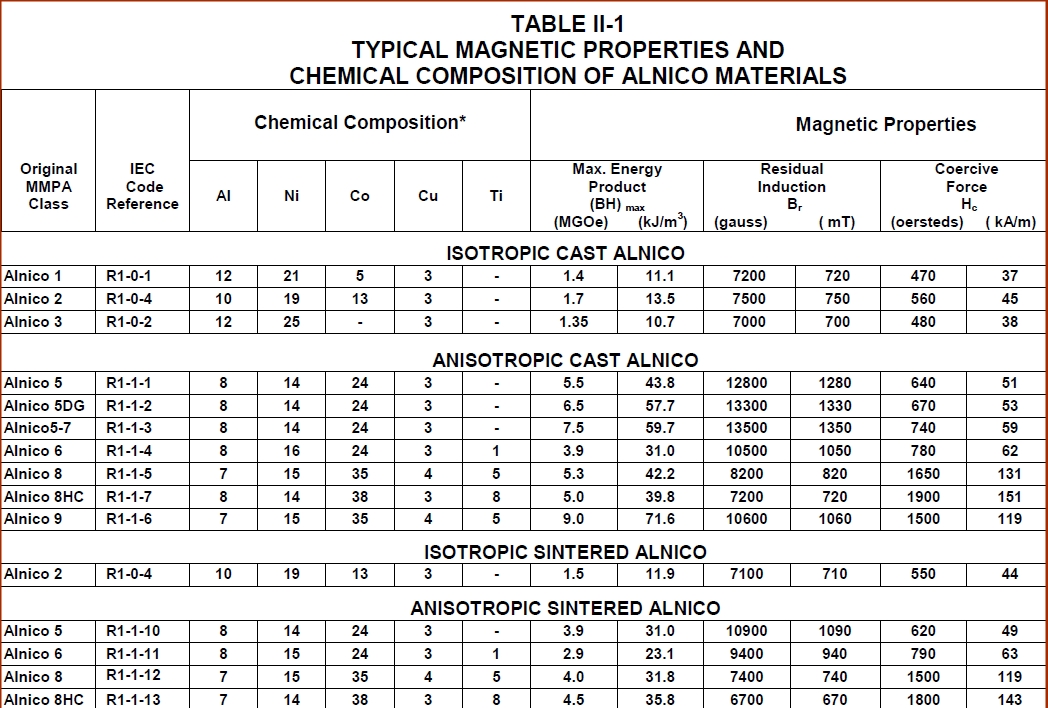The tone of alnico V (5) magnets in guitar pickups - alnico V vs Alnico II
The tone of alnico V (5) magnets in guitar pickups - alnico V vs Alnico II
Wow, what an alnico ride we have been on so far! Just in case you have not, I recommend you begin by reading parts one, two and three of this series to get up to speed on all things alnico! Or, if you JUST want to learn a little more about the tone of Alnico V (A5), then feel free to jump right in right here!
In the mid 1950's, Alnico grade 5 was a BIG deal! Alnico formulations 1, 2, and 3 were already revolutionizing the world of electronics, and of particular interest to we musicians, they literally enabled the modern concept and design of the electric guitar and amplifier! But these magnets suffered from two issues: first they were not terribly powerful, which was not really a big issue in guitar PICKUPS, but certainly was a big issue for SPEAKERS! And second, these early grade of alnico are isotropic, which are able to be magnetized in any direction. Alnico magnets at grade 5 and above are anisotropic, which can only be magnetized on one axis. And, here is why this is important: the isotropic alnico magnets can fairly easily be demagnetized, and to some extent simply become less powerful as they age. However, A5 was a new game altogether, this anisotropic formulation is not nearly so easy to demagnetize.
Once again, our comparison chart, for reference:

So, to summarize, alnico 5 was more powerful and held that charge more consistently.
Yep, now THIS was the magnet that made modern, efficient speakers a reality, but how about guitar PICKUPS? Well, in a guitar pickup[, A5 provides a bolder, more powerful tone, and it also has more top-end bite and bottom end girth. It's not as sweet and musical, it hits a little harder. By the late 1950's and early 1960's this was EXACTLY what players were looking for to achieve "modern" rock tones!

For instance, in late 1958/early 1959, when Gibson began switching from A2 to A5 magnets in their original humbucker design (with the famous Patent Applied For sticker), the rest of the pick remained unchanged; and so this is an excellent comparison between the tone of Alnico II and the tone of Alnico V. The 1957 sounds more round and buttery, very sweet and sensitive, and never brash. By comparison, the 1959 sounds much more determined and up-front, the a5 PAF tone didn't want to musically blend in, it wanted to stand out and be heard!
here is a great video comparing the tone of the 1957 Alnico II PAF to the 1959 Alnico V PAF:
See ya next week when we (finally) wrap up all this Alnico talk with a mention of the LESS common alnico grades. Ooo baby, it's gonna be afreakingmazing :-)
- VAUGHN SKOW's blog
- Log in or register to post comments

